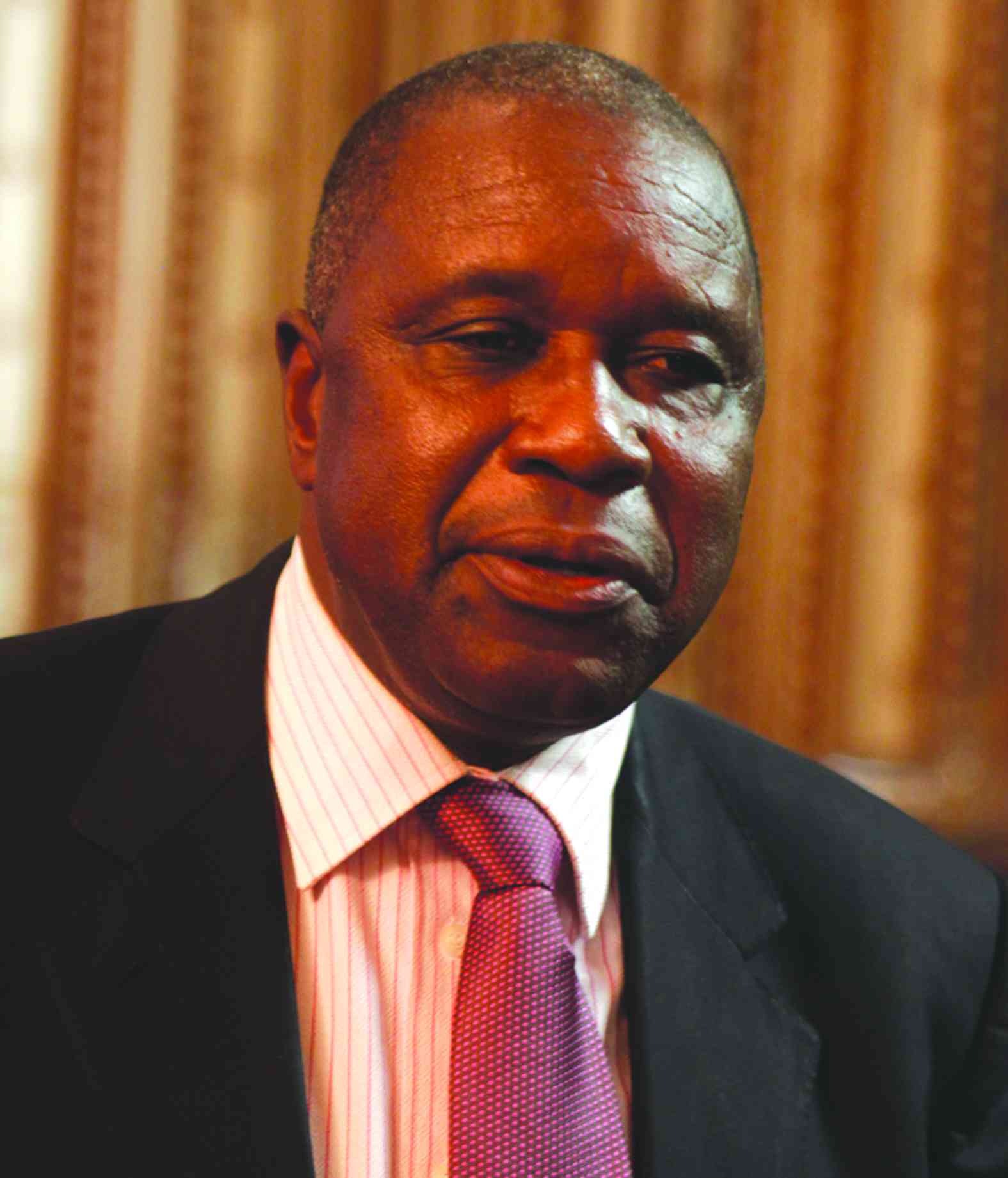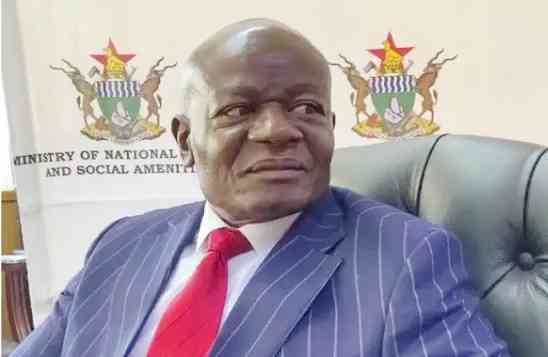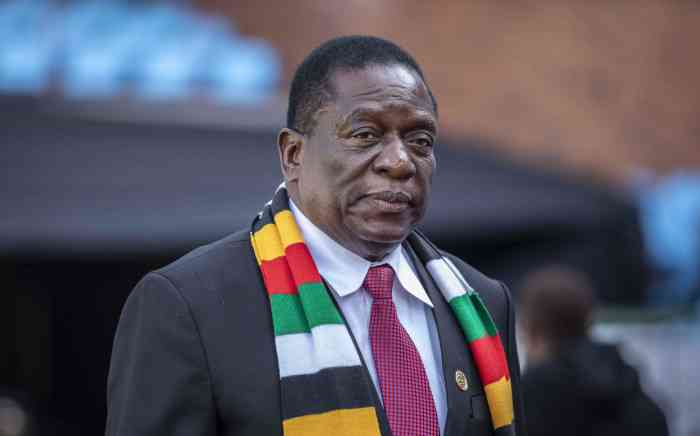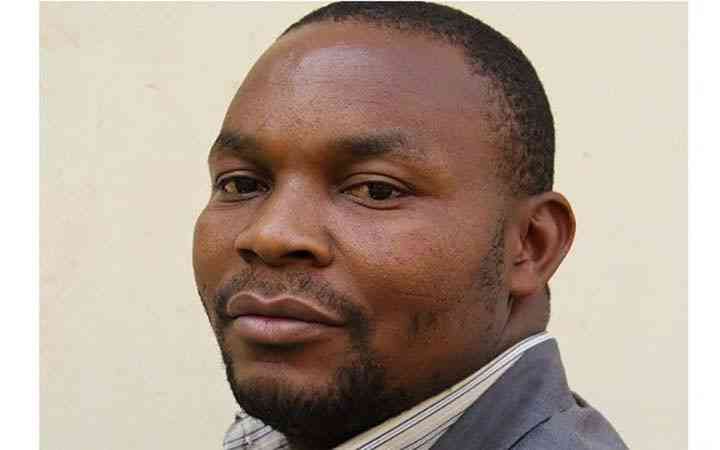THE United Nations Development Programme (UNDP) has launched arguably Zimbabwe’s largest biogas initiative to offer clean energy to rural communities.
The programme kicked off in Hakwata village in Chipinge district, on Zimbabwe’s border with Mozambique.
According to UNDP Zimbabwe communications team leader Anesu Freddy, 150 biogas digesters would have been installed by September this year.
“These will benefit 90 households in Hakwata; 30 in Gororo, Masvingo district; and 30 in Wanezi, Insiza district,” Freddy said.
“This monumental initiative will go a long way in ensuring that those farthest from essential services are not left in the dark. Construction of the initial set of digesters in Hakwata is already underway, with completion expected by September 2023.”
On completion, the project is expected to bring transformation to the lives of mainly elderly people.
“Clean cooking energy will replace the arduous task of gathering firewood and provide a safer and more sustainable alternative. In addition to the numerous environmental benefits, the project will also empower 40 local builders, equipping them with the skillset required to construct and maintain biogas digesters,” he said.
Biogas is a renewable source of cooking energy produced by breaking down animal and food waste, an initiative which has the potential to change lives in southern Africa.
The Climate Adaptation Water and Energy Programme (CAWEP), as the project is officially called, aims to address and provide immediate water and energy needs for long-term climate adaptation and a brighter, more sustainable future of marginalised communities.
CAWEP is funded by the UK Foreign, Commonwealth and Development Office.
The Rural Electrification Fund offers technical guidance for the biogas digester installations.





